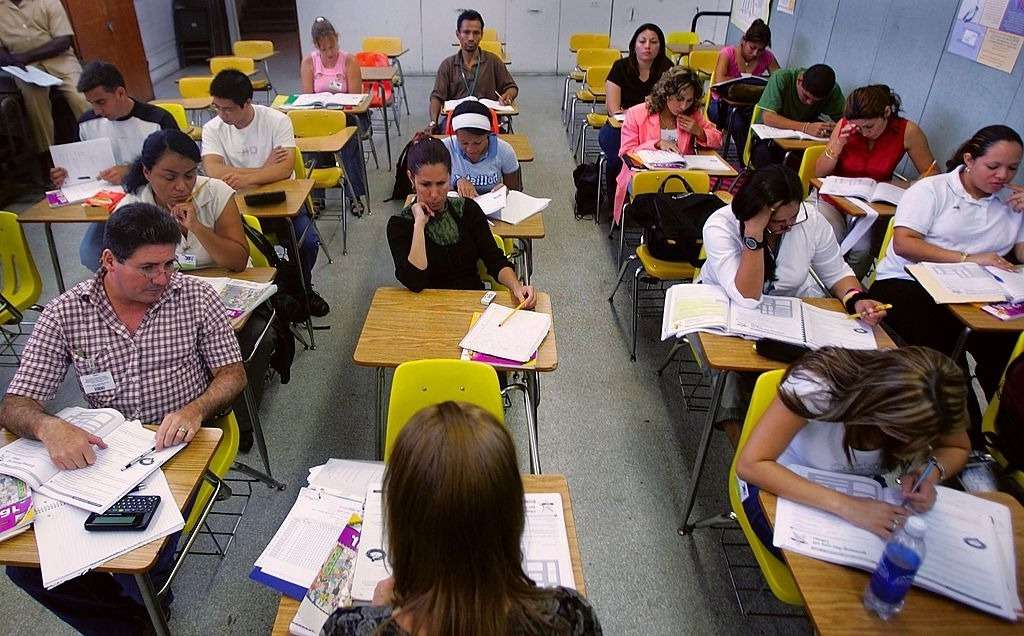



The sentences or phrases with which we express ourselves in Spanish are full of parts that are important to identify and analyse. Each one of them has a specific function within the sentence that allows it to be grammatically well written. That is why today we are going to talk about the complement of verbal regime.
Within sentences there will always be the so-called complements. They are as important a part of the sentence as the subject or the verb. It is thanks to complements that we can find out extra information or data about the action expressed with the main verb.

There are many types of complements and each one of them provides us with a specific piece of information. Each and every one of them is extremely important and usually precedes or precedes one of the other parts of the sentence.
In the case of the complement of verbal regime, as the name itself indicates, it is in charge of giving us extra information about the main verb of the sentence. Because of this, it is very easy to identify. It is always found before or after the verb.
However, there are many other complements that are also positioned very close to the verb. It is therefore essential to learn to recognise when it is a verb complement.
This type of complement appears when the verb requires the use of one or more prepositions. Without it, the sentence would make little or no sense.
A simple example of this to understand very well is the sentence "John thinks about his academic evaluations". The verb "thinks" is accompanied by the preposition "in" to give it a much fuller meaning. To write it any other way would be to fall into a very serious spelling and coherence error.
Undoubtedly, the most important thing to learn to identify and analyse this type of complement is to have a perfect knowledge of the types of words in the Spanish language. This is the only way to recognise nouns, verbs, adjectives, prepositions, etc. Otherwise, the syntactic analysis would be carried out at random and without really knowing what we are doing.
This is of great importance because only when you have learned to identify the verb and the prepositions in a sentence, you will be able to find the complement of the verb regime of the sentence. That is why one of the first lessons we learn in Spanish Language is the types of words.
Bearing this in mind, to learn how to analyse the complement of verbal regime in a sentence, the first thing you must do is to read it very well. Once you have identified the verb, subject and predicate, it is time to start identifying all the complements in the sentence.
It should be noted that not all sentences will contain a complement of this type. It is therefore important to read it carefully to see if this is a case of a verb complement.

Thus, you should check if the verb is accompanied by a preposition. Among the most common prepositions used in Spanish are: en, de, con, a, a, por, etc.
In order for you to be able to better practise identifying a complement of verbal regime, here is a list of sentences which contain it. So that you can better understand the theory and begin to apply the analysis in practice.
If you are interested in learning how to manage your language better, whether for work, education or just a hobby, you can do so with the help of a private tutor. At WeSmartly we know that many students need extra help to consolidate their knowledge, especially their language skills.
Often you may feel that your Spanish teacher is not explaining the lessons well enough. You may also feel that you are not really learning anything and that you are not preparing well for academic assessments. This is totally normal and is something that has happened to a large percentage of students.
That is why, if at any point in your academic course you feel that you need extra help, you can contact one of our private tutors. On our website we have a wide variety of tutors from all academic fields. So you are sure to find a Spanish tutor ready and willing to help you.